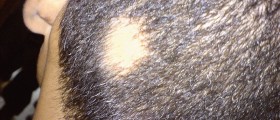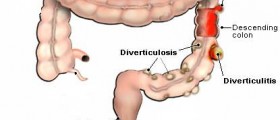
The most common cause of hair loss
In most cases, hair loss occurs due to genetics and those people whose parents have problems with hair loss may come to experience this problem as well. When one is genetically predisposed to the hair loss, then he/she suffers from androgenic alopecia. In such cases, certain genes affect the hormones like androgens and testosterone to cause shrinking of the hair follicles. At first, the hair just becomes thinner but eventually, when the hair follicles die, the hair cannot be produced any more. As we can see, in cases of androgenetic alopecia, the hairs do not fall off but the body does not produce them either. It is estimated that 95% of hair loss in the males are cases of actually androgenetic alopecia.
Other causes and risk factors
Stress is one of the potential reasons for losing of hair. When one is exposed to a stressful situation, a larger number of hair follicles enter the so-called resting stage simultaneously, and when the hair follicles start to shed the hairs a few months later at the same time, the hair loss is noticeable but it is not associated with the stress since it happened much earlier. The people who consume foods low in proteins may experience hair loss since the protein is necessary for growing of the hair. The body will save small amount of protein or use it for some other functions, and thus the growing hairs are shifted into the resting hairs. Iron deficiency, pregnancy and childbirth are some of the probable causes for the occurrence of hair loss. Certain drugs for treating various diseases, such as heart problems, hypertension, arthritis and gout, as well as contraceptive pills, may have hair loss as an adverse effect. Scalp infections like scalp ringworm, for example, may lead to the incidence of hair loss, but once the infection is cured, the hair starts to grow again. Hair pulling and improper hair care, as well as using strong hair products and hair dyes, may significantly damage the hair causing it to fall off.
















Your thoughts on this
Loading...